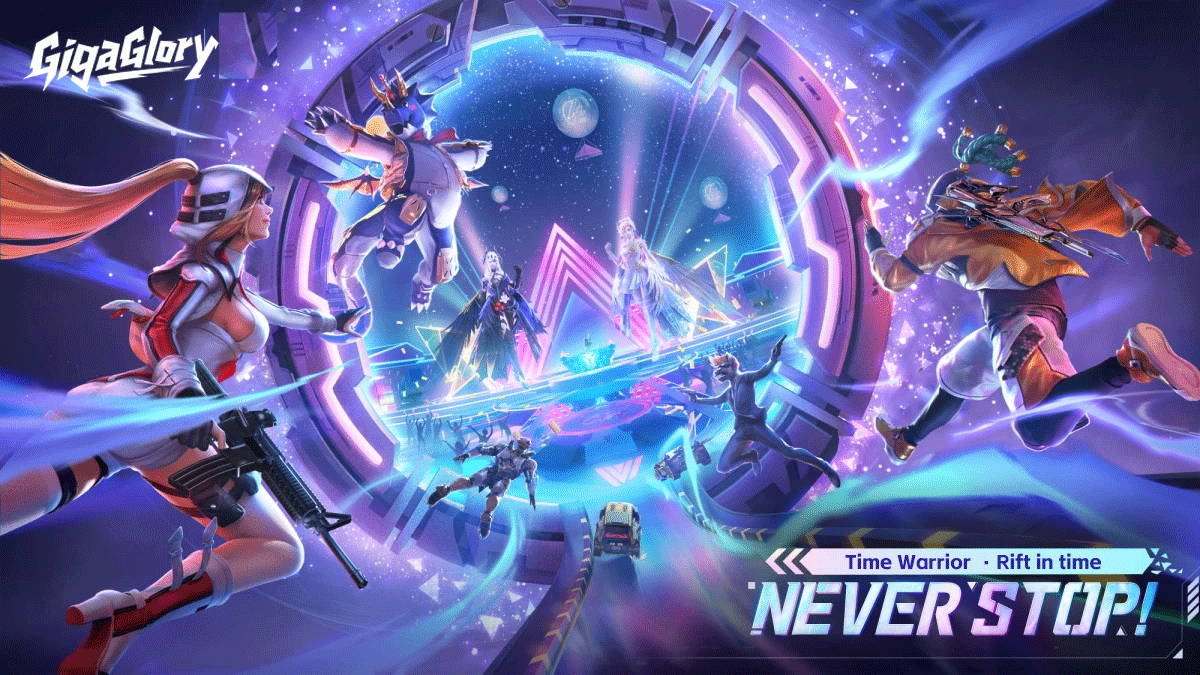How MMORPGs Revolutionize Business Simulation Games: A Deep Dive into Virtual Economies
MMORPGs (Massively Multiplayer Online Role-Playing Games) have not only captured the hearts of players worldwide, but they have also begun to influence business simulation games in remarkable ways. This article explores how the principles of MMORPGs are reshaping virtual economies, providing insights into their mechanics, and drawing comparisons with popular titles.
Understanding MMORPGs and Business Simulation Games
You might wonder, what exactly distinguishes MMORPGs from business simulation games? MMORPGs are games where players create characters, embark on quests, and interact with others in a persistent online world. On the other hand, business simulation games focus on running businesses, managing resources, and strategizing for growth. The convergence of these two genres is opening new avenues for gameplay and economic dynamics.
The Appeal of Virtual Economies
Virtual economies—comprised of the interaction between players, trade, and resource management—are a massive part of both MMORPGs and business simulation games. Exploring the success of MMORPGs helps game developers incorporate these aspects into simulation games, ultimately enhancing the player experience.
Key Features of Virtual Economies
- Resource Management: The allocation and utilization of resources drive gameplay.
- Trade Systems: Players can buy, sell, and barter within the game.
- Player Interaction: Economic outcomes are often shaped by players' decisions.
How MMORPGs Enhance Business Simulation Games
By studying MMORPGs, developers are learning how to create more engaging and realistic economic simulations. Here are a few methods they've employed:
Incorporating Real-Time Interaction
Unlike traditional business simulation games that operate on predetermined outcomes, MMORPGs allow for real-time decisions and interactions. Players can affect each other's progress and market dynamics immediately. This not only elevates the thrill but also simulates real-world business scenarios more accurately.
Creating Complex Supply Chains
Developers in the simulation genre are now looking to MMORPGs for guidance on creating intricate supply chains. Resources can be sourced, produced, and transported between players and regions, mirroring actual business operations.
Successful Examples: Clash of Clans and Others
Titles like Clash of Clans stand out as prime examples of how MMORPG concepts have been utilized in business simulation contexts. Players must manage resources, build their armies, and strategize for both defense and attack. The integration of these elements makes for a compelling simulation.
Comparing Military Strategies: Delta Force vs Navy Seals
When looking at strategic gameplay in simulation games, comparisons often arise. Two popular military factions that inspire gameplay are Delta Force and Navy Seals. Both have unique strengths that can be incorporated into business strategies in simulation games.
| Faction | Strengths | Strategies |
|---|---|---|
| Delta Force | Highly specialized, stealth operations | Surprise attacks, intelligence gathering |
| Navy Seals | Diverse skill set, aquatic tactics | Covert operations, team coordination |
Challenges of Integrating MMORPG Elements
While the integration of MMORPGs into business simulation games offers numerous advantages, there are significant challenges to consider:
Balancing Game Mechanics
As more interactive elements are added, maintaining balance between gameplay and economic simulation becomes crucial. Excessive complexity can discourage players, leading to frustration.
Player Expectations
When MMORPG features are introduced, players often have heightened expectations regarding gameplay depth and community interaction. Meeting these expectations can be a tough task for developers.
The Future of Business Simulation Games
With the ongoing evolution of technology, the future of business simulation games looks promising. MMORPG elements are set to bring a fresh wave of activities and engagement levels not seen before.
Trends to Watch
- Integration of AI: AI can create smarter NPCs and enhance market simulation.
- Cross-Game Features: Players may be allowed to interact between different gaming platforms.
- Augmented Reality: AR could transform how players interact with their economic landscapes.
Conclusion
In conclusion, MMORPGs are significantly impacting the landscape of business simulation games, paving the way for more immersive and engaging gameplay. While challenges exist in integrating these elements, the benefits far outweigh them. As developers continue to harness the principles from MMORPGs, we can anticipate a new era of business simulations that are more dynamic, engaging, and reflective of real-world economic systems.
FAQs
What makes MMORPGs unique?
MMORPGs allow for large-scale player interactions and persistent worlds that evolve based on player actions.
How can simulation games benefit from MMORPG elements?
Simulation games can become more engaging by incorporating real-time interactions and complex resource management.
Will integrating MMORPG elements change the core of business simulation games?
Yes, it can shift the gameplay dynamics and enhance immersion, making the games more reflective of actual business environments.
What role do player interactions play in virtual economies?
Player interactions are vital, as they can directly affect market trends and resource dynamics within the game.



